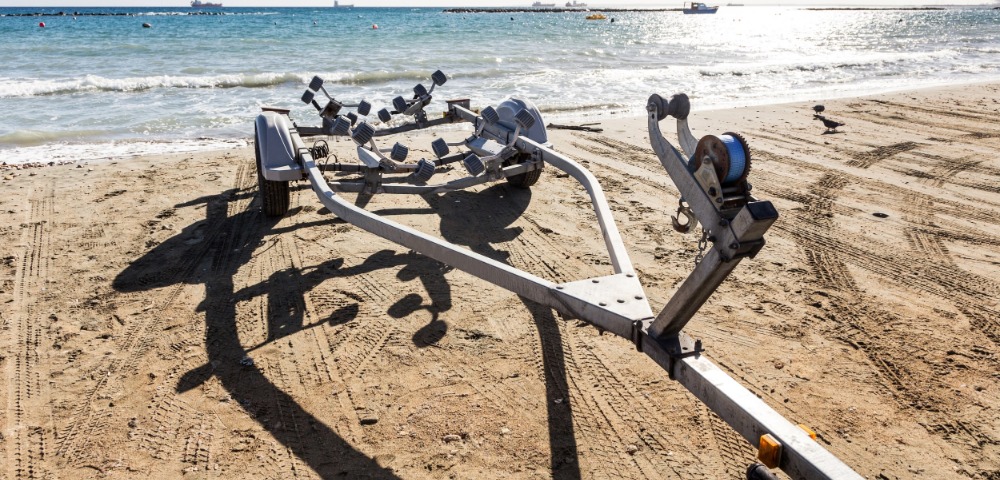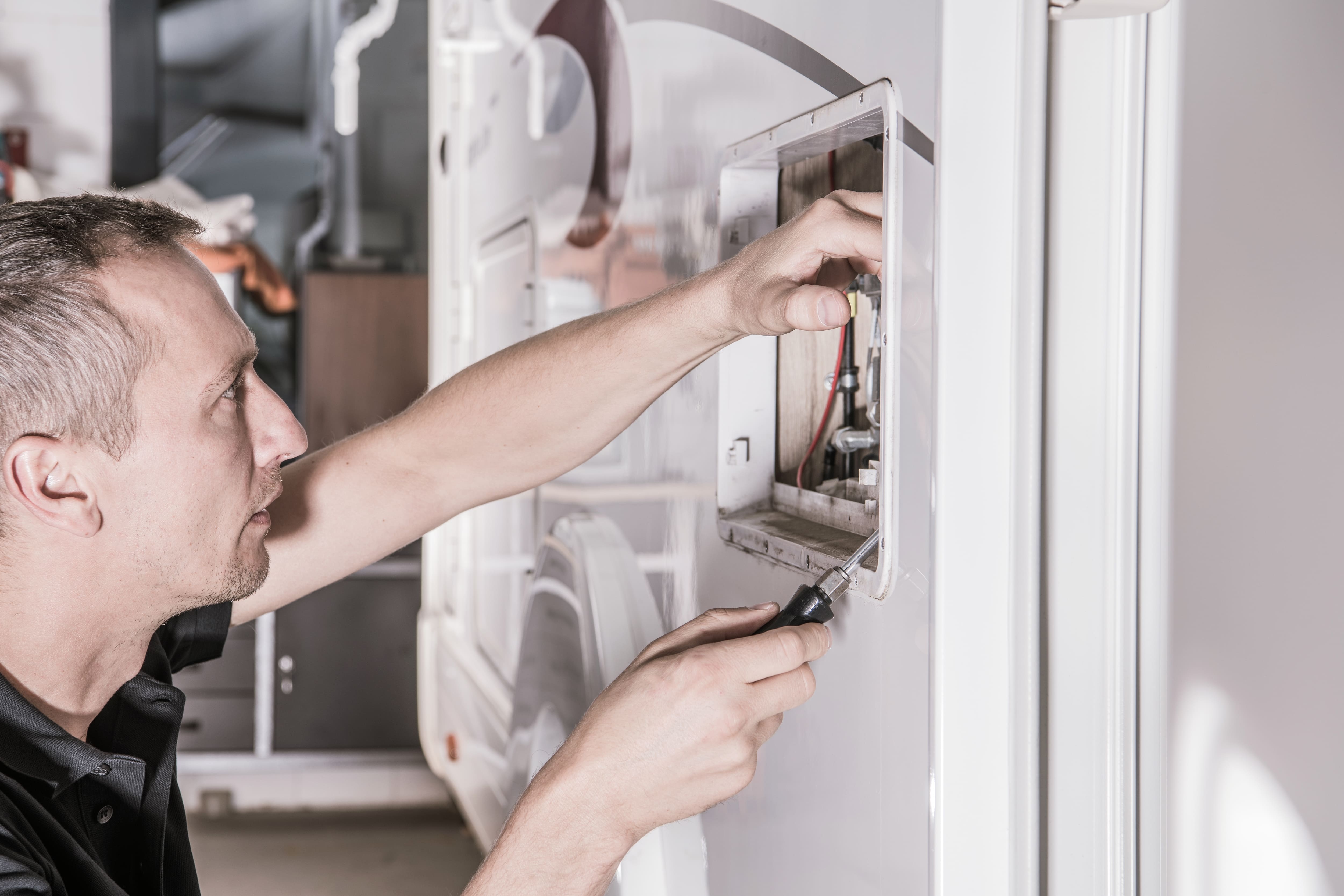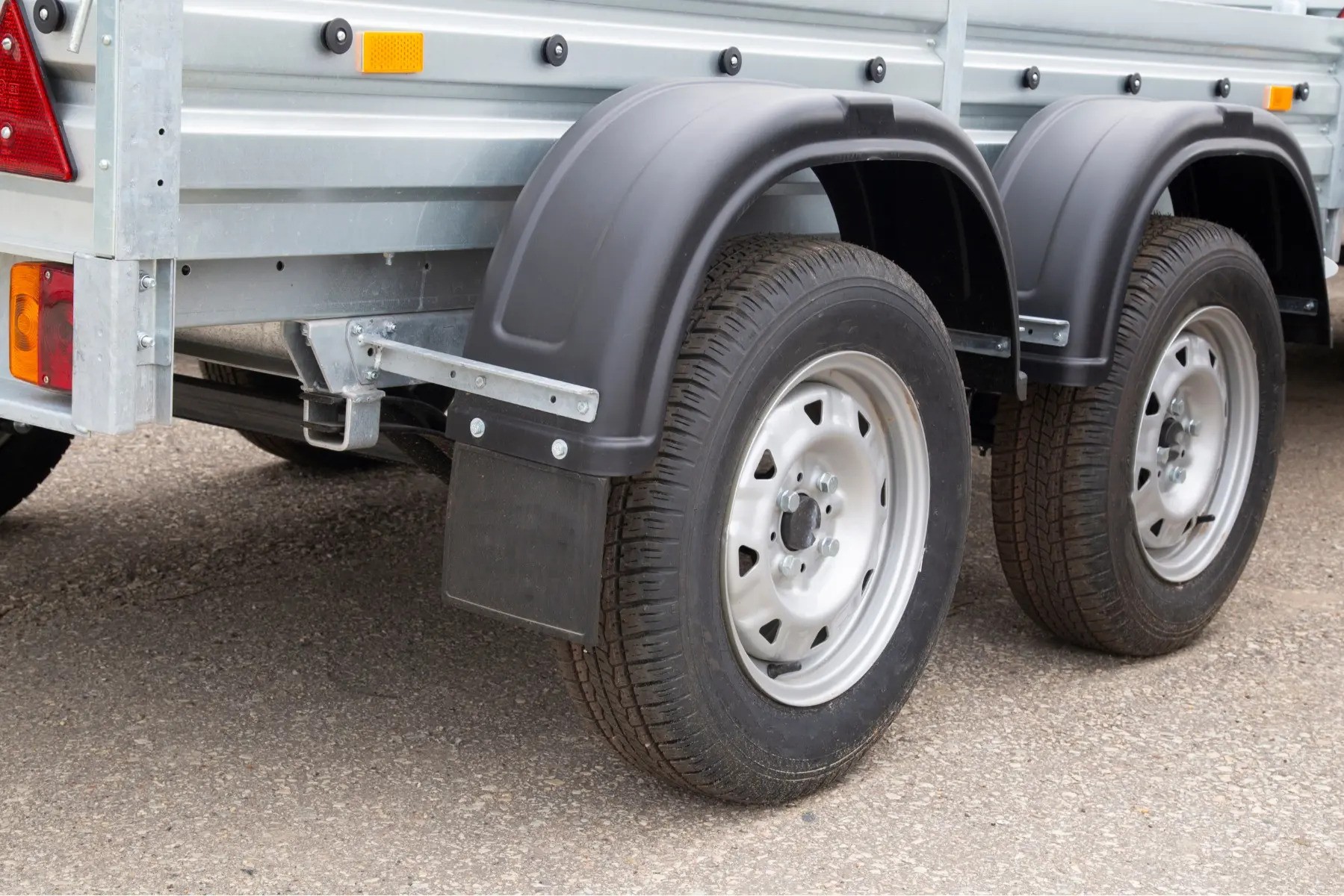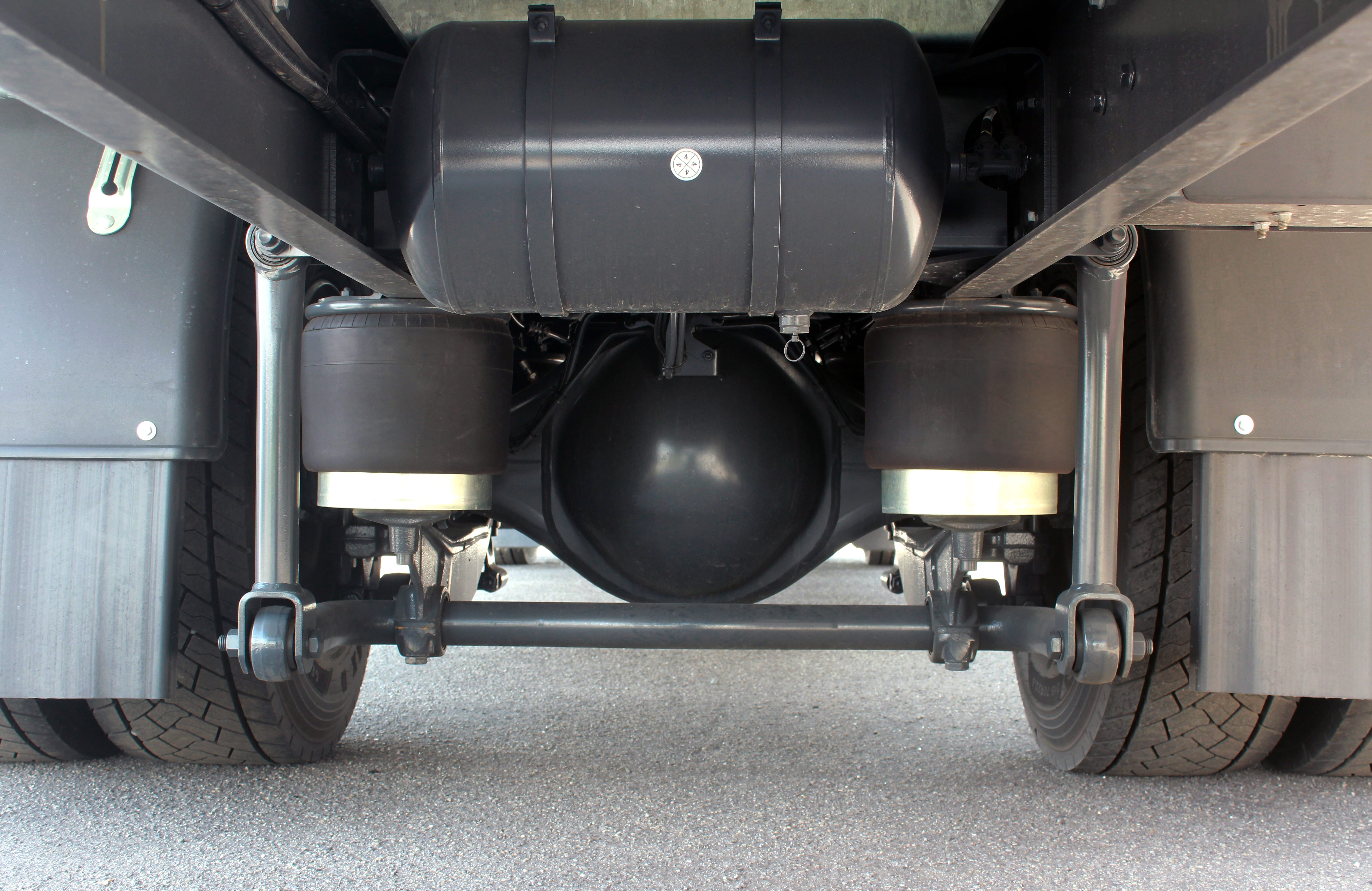When we are looking for a boat to buy, we heavily scrutinise the boat itself, looking at all of the finest details in the hope we can knock an extra £50 off the asking price if we find anything wrong, but how closely are you looking at the trailer it comes on? Boat trailers are often overlooked when it comes to boating and are regarded to be more of an ‘extra’ when you buy the boat. But today we are going to be covering just how important that boat trailer can be, how to properly assess its condition, and maybe even save yourself some money if you’re planning on buying a boat with a trailer this summer!
Why Get a Boat Trailer?
For some boat users, a boat trailer is non-negotiable, if you live a long way from water or there aren’t any mooring facilities to store your boat at a marina, you are left with no other choice than to get a trailer. But if even when a trailer is optional there are some fantastic benefits to storing your boat on a trailer, even if it is just for the winter!
- Freedom to Roam – When you keep your boat on a trailer you have a huge amount of freedom as to where you can take your boat. This makes it possible to take your boat anywhere you fancy, whether that’s exploring a new stretch of water, or even taking your boat on holiday with you! Transporting your boat on a trailer is by far the quickest, safest, and cheapest way to get your boat from A to B.
- Easy Maintenance – One of the most frustrating aspects of boat ownership is keeping the boat sufficiently maintained, this goes for both the engine and the hull. Without a trailer you are often forced to have your boat lifted at a marina which leads to a domino effect of costs. A trailer allows you to lift your boat as and when you please, complete regular maintenance with ease, and relaunch when you’re ready…for free! You will also find that storing your boat out of the water will stop the build-up of algae on the hull, keeping your boat running at maximum efficiency.
- On Your Own Terms – With a boat trailer you’re free to launch and recover your boat as much or as little as you like. With a little practise you will be able to get that boat in and out of the water in a matter of minutes.
What Boat Trailer Do I Need?
This is a relevant question whether you’re looking at buying a trailer for the boat you already have, or if you’re going to buy a boat with a trailer included in the sale. Boats and trailer are often interchanged throughout their lifespan for all sorts of reasons, so there is absolutely no guarantee the boat and trailer pair you could be looking at are a match made in heaven. Ensuring your trailer is the right one for your boat makes for a much safer and less stressful towing experience.
The quality of the trailers you will find for boats will vary greatly, but there are some quick and easy things to assess which will help you further down the road. One of the most general pieces of advice on boat trailers is a simple, you pay for what you get. But the art of getting the right trailer is striking a deal between sufficient trailer quality, and not breaking the bank.
Let’s start with size, this is going the be dictated by the size of your boat. With size comes the axle type of your trailer, dual-axle trailers are fantastic for long journeys as they are more stable at high speeds. If you experience a flat tyre while towing your boat, there is a great level of safety in place. Not to mention their ability to carry heavier loads thanks to the more effective distribution of load. However, with dual axle comes double the number of wheels, now, like we say, this is great for increasing road contact surface, but it also means there are twice the number of tyres which will eventually need replacement, and twice the number of bearings which will need servicing. For this reason, we would only recommend considering a dual-axle trailer for a boat exceeding around 20 feet in length, or for an exceptionally heavy boat – it will save you money in the long run.
Getting Your Boat On & Off Your Boat Trailer
The first time you launch and recover your boat can be quite stressful experience, but there is no need to panic. After a few attempts you will have cracked the process and could probably do it with your eyes closed! The key is to remain calm and make sure you keep everything slow. Even if things don’t seem to be going to plan and there is a collision, there will usually be no damage caused if everything is kept slow.
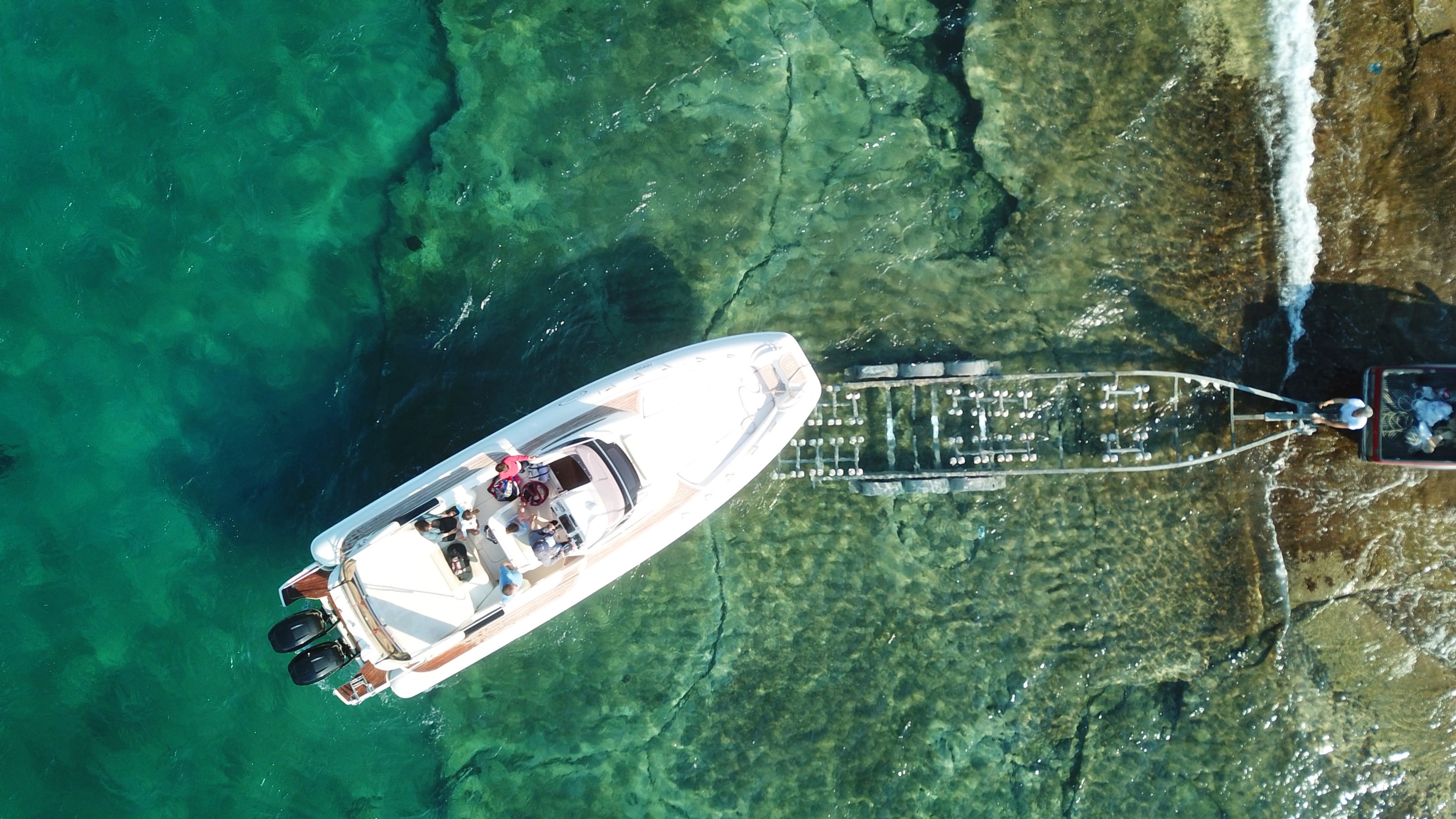
Although it is possible to launch and recover your boat solo, we would always recommend having at least one other person there to help you. One of you should take control of the boat, and the other takes control of the car and trailer. Always try to use a designated launching slipway to launch or recover your boat, these are built at an angle which will enable your boat to be afloat without submerging the rear of your car.
Things to remember on the slipway:
- Lightboard – If you have a removable lightboard on your trailer, make sure you remove it before backing it into the water.
- Put the Bung in – When launching your boat make sure you put the bung in, there is nothing more embarrassing than the emergency trip back to the boat ramp when you realise you’re slowing sinking! But when recovering your boat it is a good idea to remove the bung to allow any water to drain while the boat is on the land.
- Remove Tie-downs – Before backing your trailer into the water make sure you remove any tie-down straps holding the boat on the trailer.
Boat Trailer Maintenance
Maintaining your boat trailer correctly will ensure it lives a long and healthy life. Small amounts of scheduled maintenance are often enough to keep it in great condition and are more effective than waiting for things to break before you fix them – because more often than not it is too late at this stage.
The main things to keep an eye on are the bearings, brakes (if applicable), and general framework of the trailer. Boat trailer bearings are particularly susceptible to corrosion due to the exposure to salt water; however the majority of boat trailers will have sealed bearing units to avoid water ingress. Read our TrailerTek Guide To Healthy Bearings for more information on maintaining the bearings of your boat trailer.
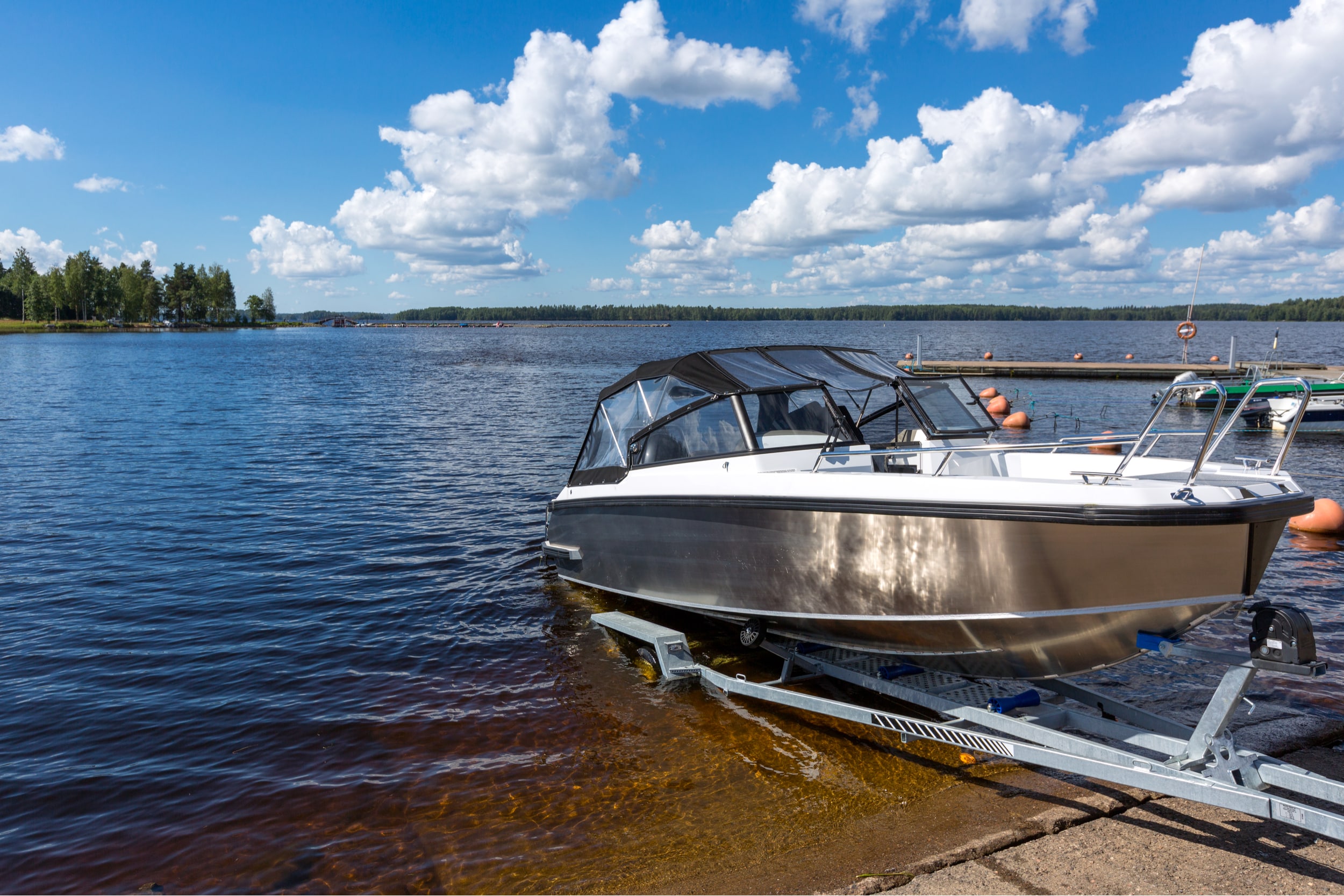
The brakes of your boat trailer come a close second to the bearings, these can be prone to seizing if they become corroded through water exposure. To help avoid this you should check your trailer brakes annually and look for signs of corrosion, replacing any worn or damaged parts.
Boat trailers are generally made of steel or aluminium, steel being the stronger of the two. However, steel is a ferrous metal, meaning it will rust if not protected properly. For this reason, you will often find steel trailers are painted to avoid rusting occurring. Aluminium will only corrode rather than rust but is usually more expensive than raw steel. This however doesn’t mean all steel trailer will be cheaper than their aluminium counterparts. You should check the frame of your trailer over each season and make sure to deal with any signs of rusting or damage which will compromise the strength of your trailer.
It is a good practise to hose both your boat and trailer down with fresh water after it has been in water, this helps remove a lot of the salt water from the vital parts of the trailer and will reduce the risk of corrosion.


